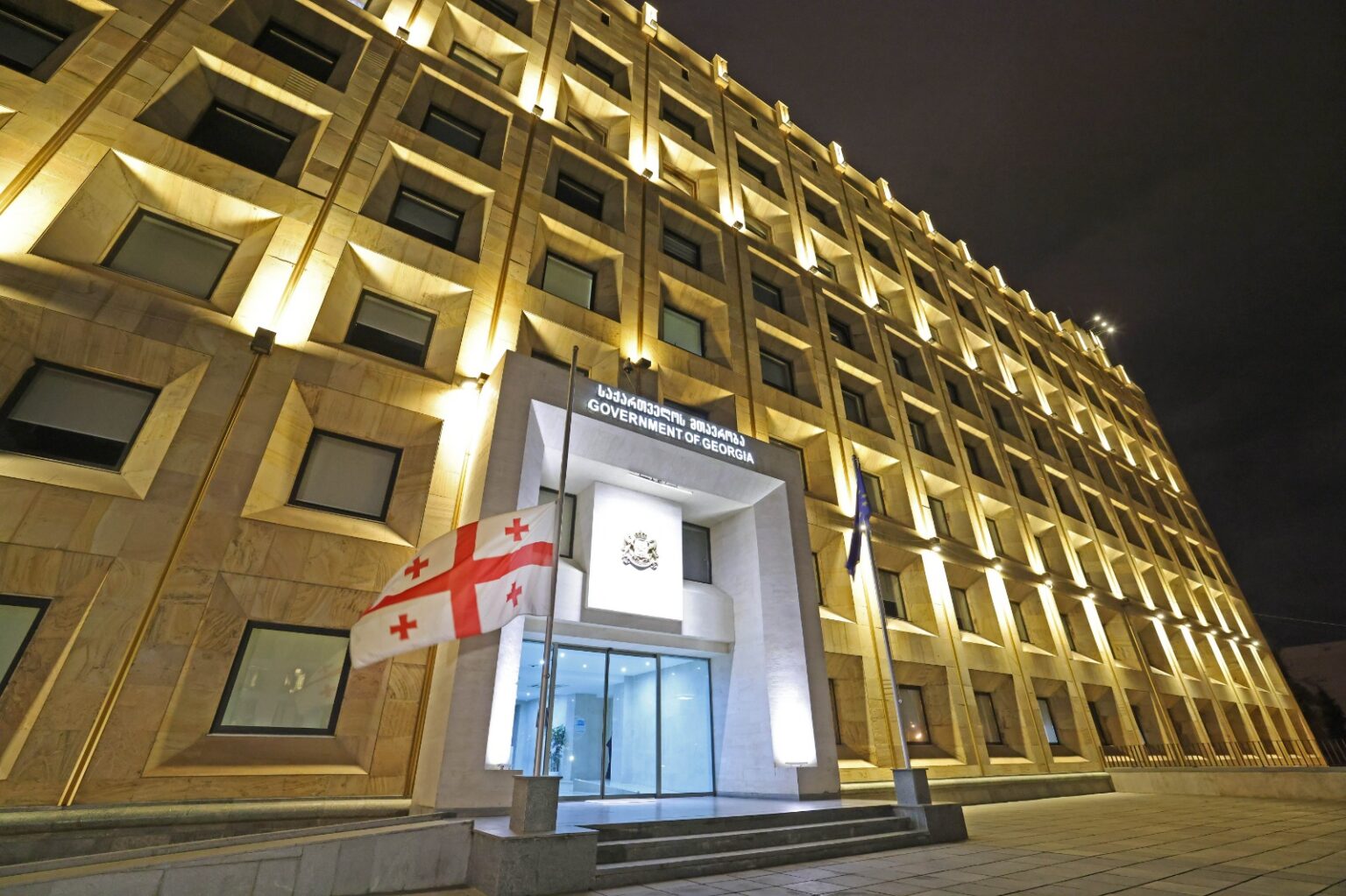**Georgian Dream Abolishes National Security Council**
The Georgian government has taken another step towards restructuring the country’s institutions, this time abolishing the National Security Council. The decision was made as part of a wider effort by the ruling party, Georgian Dream (GD), to reform and consolidate power.
The NSC, which was established in 2019 after Georgia’s new constitution came into force, was an eight-member body tasked with advising on national security issues. It consisted of top officials, including the prime minister, ministers from key departments, and heads of intelligence and armed forces. The Council played a crucial role in coordinating responses to crisis situations through its National Situation Room.
However, with the GD government planning to assume the NSC’s responsibilities by September 1, many are questioning the need for this change. Opposition politician and security expert Teona Akubardia has spoken out against the move, calling it a step that weakens national security.
**What does this mean for Georgia?**
The abolition of the NSC raises concerns about the potential impact on Georgia’s national security. Critics argue that dissolving the Council will lead to reduced coordination and planning in times of crisis. Akubardia has also suggested that these moves are being orchestrated by the Kremlin, working through Bidzina Ivanishvili, a key figure within Georgian Dream.
**A broader trend?**
This decision is part of a larger trend of GD’s efforts to consolidate power and restructure government institutions in Georgia. Just last month, the party submitted a bill to dissolve the Intelligence Service and incorporate it into the State Security Service. The implications of these changes are still unclear but will likely be closely watched by observers.
**What next?**
The liquidation commission has been tasked with transferring the NSC’s assets, including its authority over the National Situation Room, to relevant agencies. As the deadline for dissolving the Council approaches (September 1), it remains to be seen how this change will impact Georgia’s national security and crisis management infrastructure.
Read More @ civil.ge












